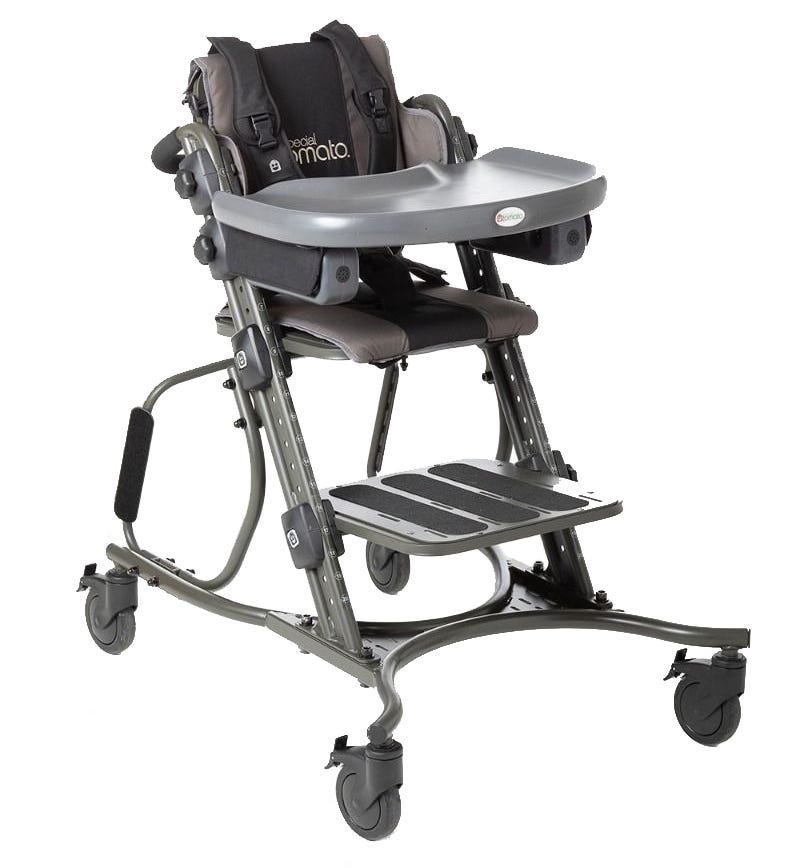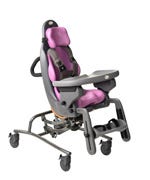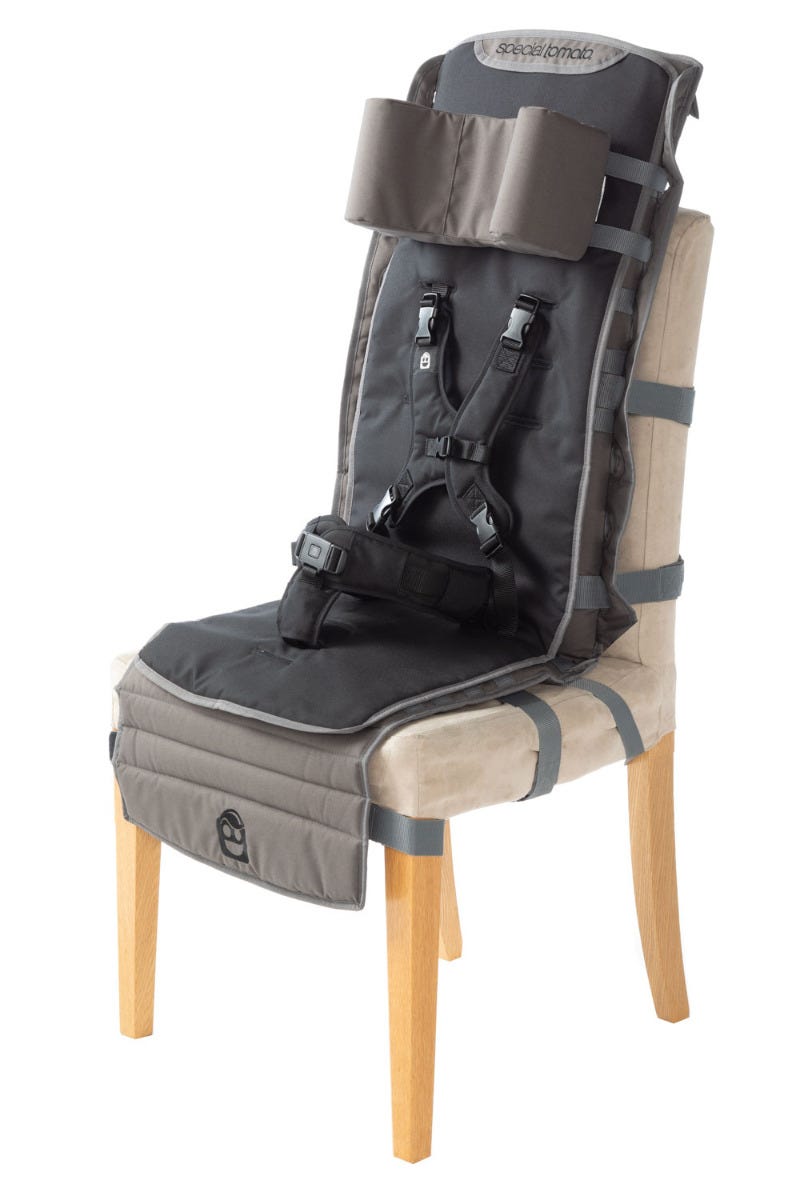How Parents can Talk to Kids about People with Special Needs
If it hasn't happened already, it likely will. You're at the grocery store, post office or a restaurant, and there's a child nearby who's in a wheelchair or looks or acts differently from what your child is used to. Do you whisk your child away as soon as possible? Tell them not to stare? Avoid a conversation about it?
Each of these reactions is understandable, but keep in mind that your child will, at some point, encounter a child with disabilities when you're not around. You'll want them to react appropriately and be inclusive. If you avoid the subject of children with disabilities, your child won't know the appropriate way to act and treat those with special needs. Here are some tips for talking to your child about peers with special needs.
Notice Differences & Emphasize Commonalities
Your child notices differences between people. It's human nature. So when he asks why that child isn't walking like the others, use the language of "differences." That child is different because he is unable to use his legs. Another child might look different because he was born with Down syndrome or cerebral palsy.
Understanding that your child may say, "What's wrong with him?" do your best to avoid the words "wrong" and "sick" in your explanations. A child with autism is not sick, but born different. She processes information differently and interacts with others differently.
Mention also that some differences are noticeable while others are not. A child may have a learning disability that's not obvious until they read aloud. This will help remind your child that everyone has weaknesses and to think of them as differences.
Just as you point out differences, find some commonalities to mention. Your classmate may have a learning disability, but they’re in fourth grade just like you, and they also like basketball. If you don't know much about the child with disabilities, you can simply say they have feelings just like your child does, and they would probably love it if your child said hello.
The commonalities will remind your child that just because a person with disabilities has difficulty using their legs, for instance, that doesn't mean they have difficulty with everything. They may still enjoy playing video games, reading and watching television. This puts the disability in perspective.
Talk About Strengths And Weaknesses
You can garner a sense of connection to a child with disabilities by explaining that everyone has strengths and weaknesses. That child may not be able to use their arms, but they’re excellent at math. You are not so good at math, but you write your letters really well. Reminding your child that those with disabilities are real people with strengths, weaknesses, likes and dislikes is a good way to demystify them and make them more approachable.
Also, avoid the word "normal" when talking about a person's disabilities. It's better to say "typical." For instance, "A typical child walks at around a year old; Johnny didn't walk until he was 3 years old." This will help dispel the idea that those with disabilities aren't normal.
Be Matter-of-Fact
While you may feel emotional when you see a child with a disability, try your best to quell that emotion when you explain a disability to your child. If you don't know what's wrong with the child, it's okay to say so and simply explain that some people are born with certain differences or become different because of accidents or illnesses.
Explain as much as you know. For a child in a wheelchair, say, "It looks like they have difficulty using their legs." In other cases, you may simply say that some people are born with conditions that cause them to look and act a certain way.
Model Good Behavior
While it may be uncomfortable at first to be around those with disabilities, keep in mind that your child is watching how you behave. If you're at the park and encounter the boy from school with disabilities, say hello to the mother and the child. Encourage your child to do the same. Don't look away or avoid contact, as this is disrespectful even though you may not mean it that way.
It should go without saying that you should never use the word "retarded" when referring to a child with disabilities. This connotes "dumb" or "stupid." Say "person with disabilities" or "child with special needs." Your child will follow suit.
Also, don't joke about disabilities or allow your child to bully a special needs child.
Let Your Child Ask Questions
Remember that parents of those with disabilities encounter questions about their children all the time. Don't worry about your child asking questions, and don't be afraid to ask questions yourself. Most people are more than happy to answer these questions.
Find Resources
Look for books and television shows that include people with disabilities. This will make the situation more familiar to your child. Also, don't be afraid to look up conditions if your child wants to know more about them. After all, life is all about learning.


















